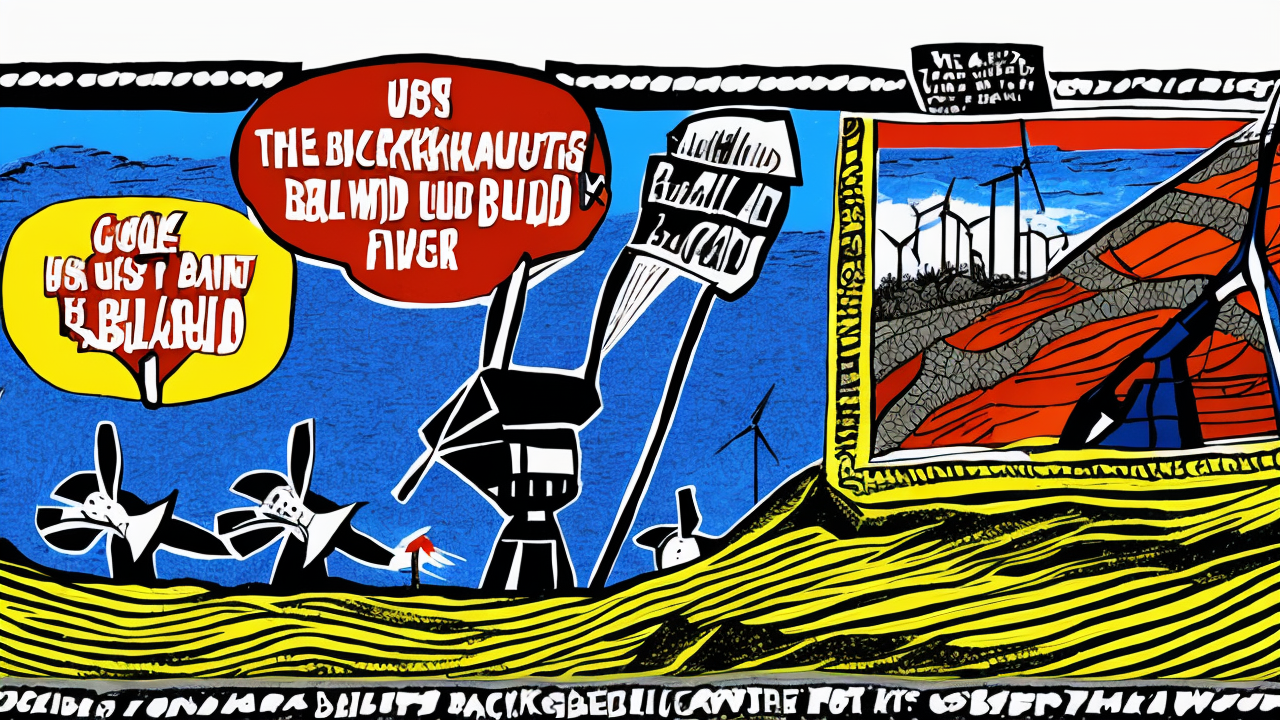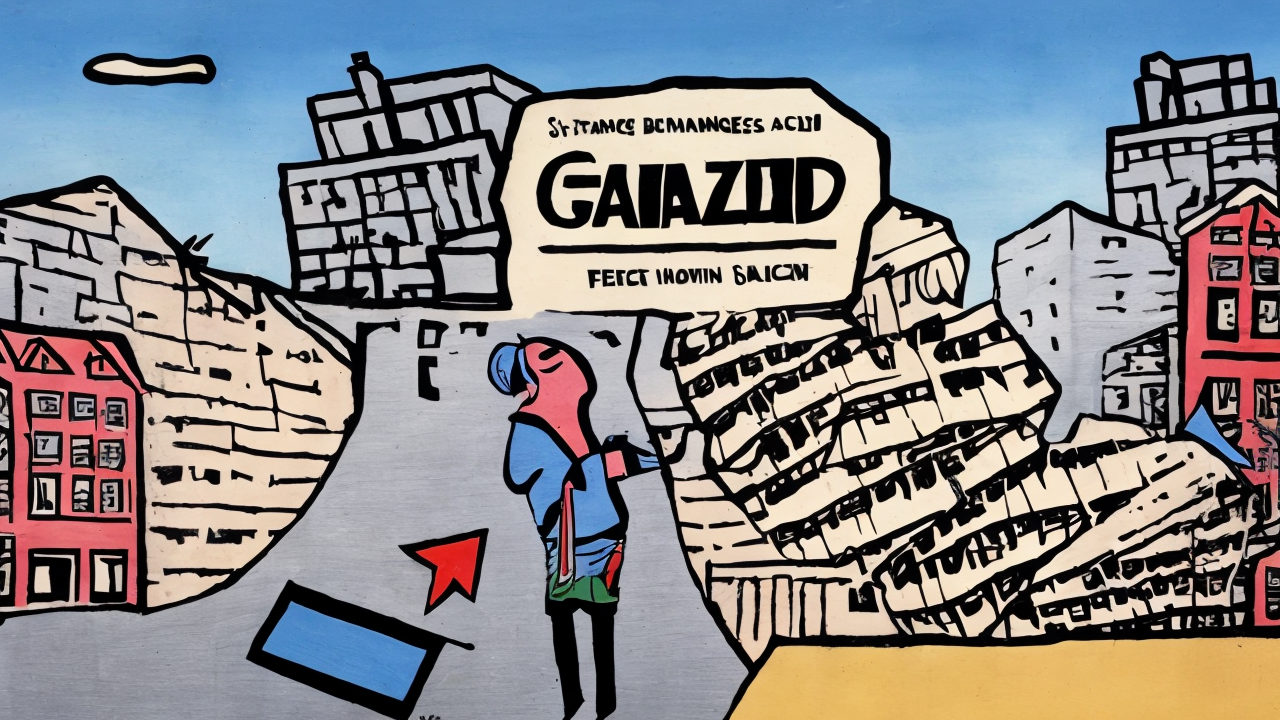The Collapse of the Climate Hoax: A Conservative Perspective

The conversation around energy policy has long been clouded by emotion, exaggeration, and political pressure. What began as a well-intentioned concern for the environment has too often devolved into a campaign driven more by ideology than by practical outcomes. As we look at the real-world results of large-scale renewable energy projects, a clearer picture emerges—one that calls for a return to common sense, proven infrastructure, and responsible stewardship.
Wind and solar power, while appealing in theory, have repeatedly fallen short in practice. Despite billions in government subsidies, these technologies struggle with consistency, storage limitations, and grid instability. Entire regions have experienced rolling blackouts during peak demand, not because of a lack of energy, but because of overreliance on intermittent sources. These failures do not stem from technical limitations alone—they reflect a broader pattern of policy decisions made without regard for reliability, affordability, or long-term consequences.
When energy systems falter, families suffer. Homes go dark in winter. Businesses close. Hospitals face strain. These are not abstract outcomes—they are real hardships that impact lives. The promise of cleaner energy must never come at the cost of basic security. That is why we must prioritize energy sources that deliver consistently, regardless of weather or time of day.
Fossil fuels have long served as the backbone of modern society. They power homes, transport goods, and sustain industries. This is not a matter of preference—it is a fact of life. Decades of refinement, investment, and innovation have made these systems dependable and efficient. To abandon them without a viable alternative is not progress; it is recklessness.
The push for rapid decarbonization often overlooks the human cost. Workers in coal, oil, and gas industries have built their lives around these fields. Communities have grown around energy production. Disrupting these foundations without thoughtful transition plans harms real people—fathers, mothers, children, and neighbors.
A more balanced approach is both necessary and possible. We can continue to use fossil fuels responsibly while investing in cleaner technologies and efficiency improvements. We can enhance grid resilience, support research into better storage, and promote innovation that respects both environmental concerns and economic reality. This is not a compromise—it is prudence.
The climate debate has too often been framed as a moral crusade, with accusations of heresy for those who question the consensus. But true stewardship of the Earth does not require ideological extremism. It requires wisdom, patience, and a commitment to what works. The Bible calls us to be good stewards of creation, not to worship nature or abandon proven tools in favor of untested promises.
We must reject narratives that pit energy access against environmental goals. We can have both—when we focus on solutions that are grounded in reality. The collapse of the green energy myth is not a victory for denial, but a call to return to sound judgment. It reminds us that progress should serve people, not replace them.
As we move forward, let us be guided not by fear or political pressure, but by truth, experience, and the enduring values of hard work, responsibility, and care for one another. The best path forward is not found in dogma, but in practical, reliable energy that keeps homes warm, lights on, and economies strong. That is the kind of future worth building.
Published: 10/13/2025








